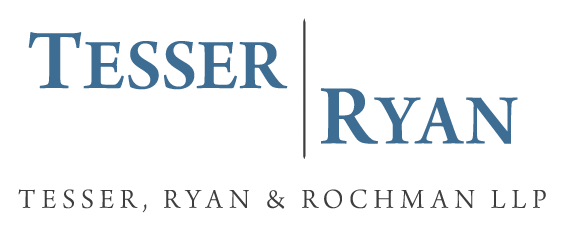Supreme Court Undermines Massive Employee Class Action Suits
By Lewis Tesser and Timothy Nolen
The United States Supreme Court has issued a ruling which may make it more difficult for employees to sue employers in class action suits.
The case, Wal-Mart Stores, Inc. v. Dukes, et al., 564 U.S. ___ (June 20, 2011), involved a class consisting of one and a half million present and former female employees of Wal-Mart who alleged discrimination in Wal-Mart’s promotional practices. The plaintiffs argued that class certification was proper since common issues of law and fact prevailed. Justice Scalia’s opinion for the Court, however, rejected this position. He noted that in order to certify a class, the employees would have to show either biased testing procedures or “significant proof” that Wal-Mart operated under a “general policy of discrimination.” However, the plaintiffs only alleged that Wal-Mart “allowed” local supervisors to discriminate, which refuted the argument that there was an affirmative general policy of discrimination. Since the only proof the employees had of a general policy of discrimination was a sociologist’s testimony, the evidence was insufficient to meet the “significant proof” standard. The sheer variety in the class member’s backgrounds also made class certification improper—the class members “have little in common but their sex and [the] lawsuit.” Finally, the Court rejected the plaintiffs’ attempt to bring a class action for back pay, since the monetary relief was not merely incidental to an injunctive or declaratory action. Accordingly, the Court denied class certification.
Given the Court’s high standards for bringing employee class action suits for discrimination, the Dukes decision may frustrate many such lawsuits throughout the country. It remains to be seen, though, how far-reaching the impact will be.
